Gynecologic Cancers
Exceptional care for your unique needs
Gynecologic cancers require complex treatment and expertise focused on women’s health needs. At Novant Health Cancer Institute you’ll receive highly specialized medical care from cancer experts trained to perform complex surgeries and advanced treatments for all gynecologic malignancies, including cervical, ovarian, uterine, vaginal and vulva cancers. You'll receive an individualized treatment plan that may include surgery, chemotherapy, immunotherapy, targeted therapy, hormonal therapy or radiation therapy.

Cervical cancer
The experienced gynecologic oncology team at Novant Health Cancer Institute treats all stages of cervical cancer. From diagnosis to survivorship, our multi-disciplinary team will surround you and your family with experts in surgery, chemotherapy, immunotherapy, radiation therapy and integrative oncology. You’ll receive a personalized treatment plan based upon your specific cancer type, stage and personal needs. Our symptom care team will create a tailored plan to reduce side effects like pain, nausea and weakness, so you can focus on recovery.
Ovarian cancer
While the exact cause of ovarian cancer is not known, in some cases your genes and family history play a role. Your care team will work closely with our genetics counseling team to develop a prevention and treatment plan based on your specific risk factors and diagnosis. Our multi-disciplinary team will develop an individualized treatment plan that may involve a combination of surgery and chemotherapy.
Uterine cancer
Uterine cancer develops within the uterus, often starting in the lining or the muscle of the uterus. Cancers from the uterine lining are called Endometrial Cancers. Cancers from the uterine wall or muscle are called sarcomas. At Novant Health Cancer Institute, our gynecologic oncologists are constantly adapting treatment protocols to offer the latest and best treatment options for advanced disease, based on the most recent clinical trial data. Our multidisciplinary care team will develop a treatment plan specifically for you.
Vulvar cancer
The vulva is the skin surrounding the urethra and vagina. Vulvar cancer typically occurs in women over 50 but can happen at any age. The most common type of vulvar cancer is squamous cell carcinoma, but adenocarcinomas and even melanomas can occur in the vulva. Vulvar cancer typically manifests as a mass and is commonly treated with surgery and/or radiation therapy.
Vulvar cancer is diagnosed following a pelvic exam and biopsy. Your doctor may request additional imaging, such as a CT or PET scan, to help develop your treatment plan. Treatment for vulvar cancer can include surgery, removal of lymph nodes in the groin to assess for spread of cancer, chemotherapy and/or radiation therapy treatments. Your individualized treatment will be determined by a pelvic exam, imaging studies, and the stage.
Vaginal cancer
The most common type of vaginal cancer is squamous cell carcinoma. Sometimes adenocarcinoma, melanoma, and sarcomas can develop within the inner lining of the vagina. Vaginal cancer symptoms include bleeding, discharge, pain, or changes in urination or bowel movements. This type of cancer can be diagnosed from a biopsy taken during your pelvic exam.
Vaginal cancer is typically treated with radiation therapy, but in some instances may require surgery. A multidisciplinary collaborative team will develop your personal treatment plan, which will include symptom management and emotional support resources.
Specialists in Gynecologic Cancer Procedures
Access Advanced Gynecologic Cancer Treatments
Why Choose Novant Health?
Accredited by multiple national organizations, including the Commission on Cancer and the Quality Oncology Practice Initiative (QOPI®), your Novant Health physician is committed to providing excellence in cancer care. You can feel confident that you will be supported throughout your cancer journey by a specialized team of experts focused on your specific needs. We work in state-of-the-art cancer care centers that are among the best in the country.
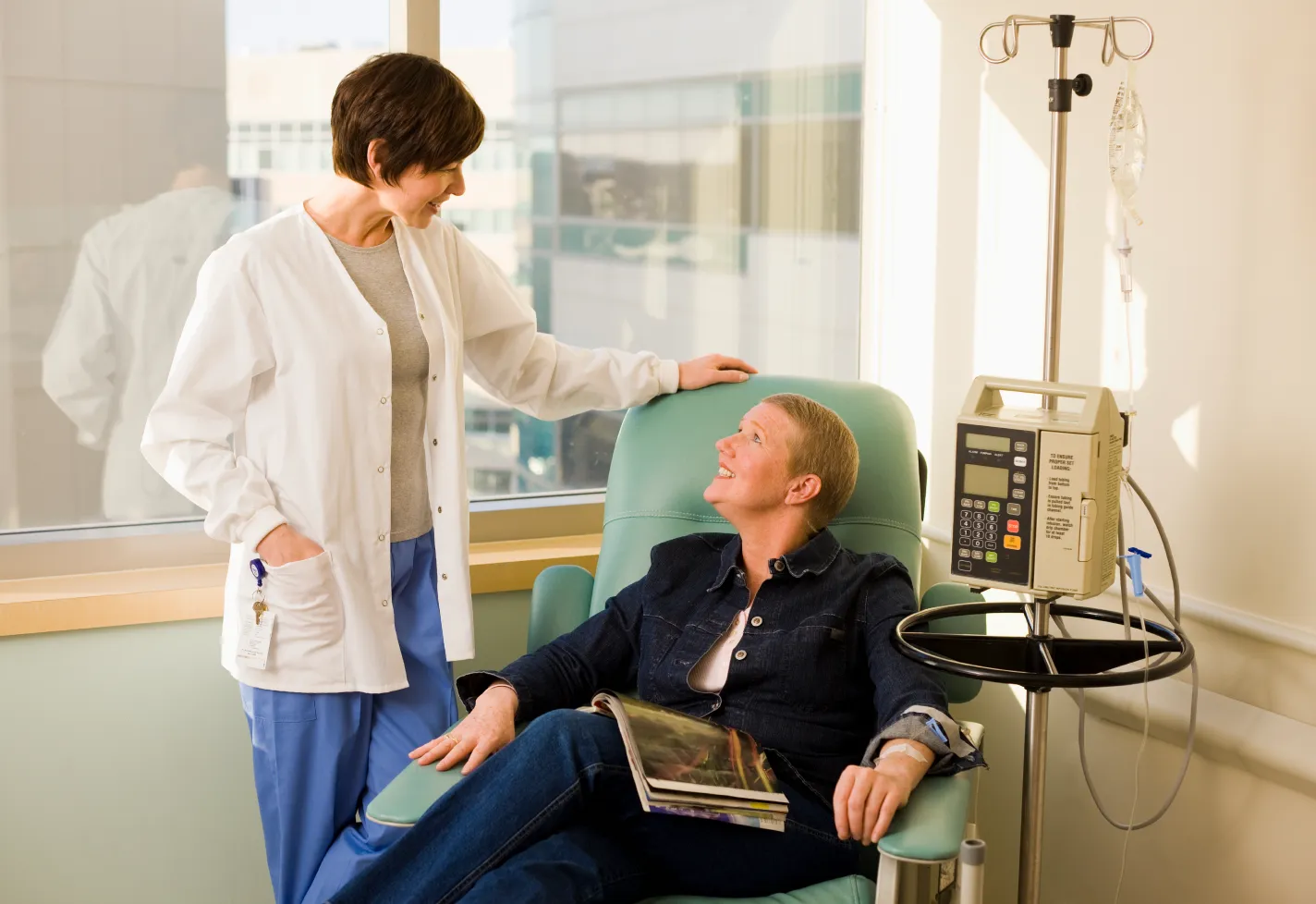
Your cancer journey is unique. That’s why our nationally recognized cancer teams work with you to develop a personalized care plan. At Novant Health, you’ll have access to the most current treatment options available only at leading cancer institutes. Your treatment may include clinical research trials or robotics, microsurgeries, new radiation technologies, or cellular and immune therapies. Together, we can treat your cancer, manage your symptoms, and provide you with support at all stages.
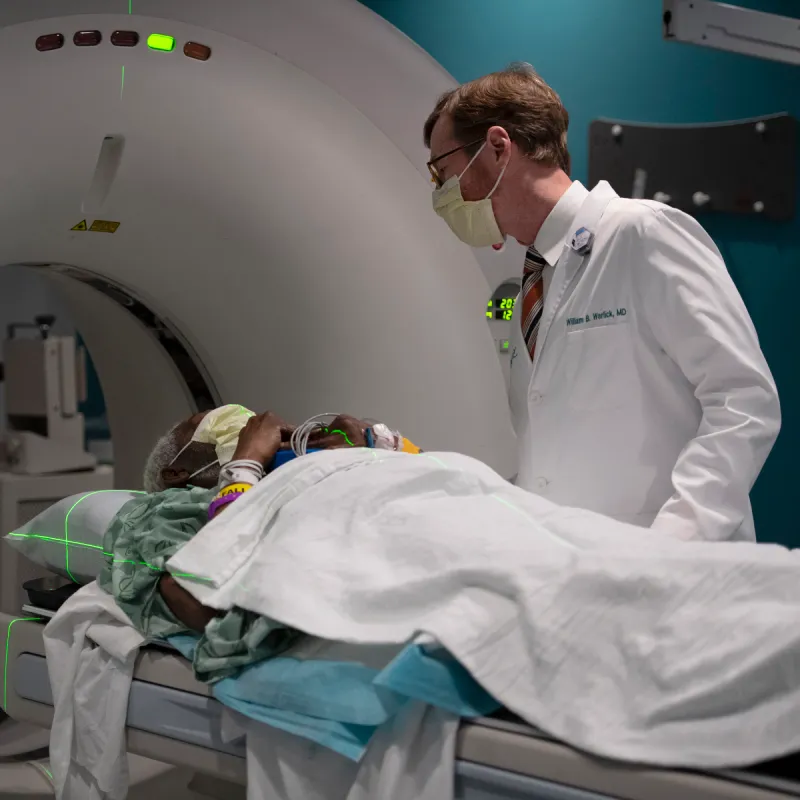
You're not alone on your cancer journey. At Novant Health, rest assured you’ll have all the resources you need to tackle your life-changing diagnosis. Our multidisciplinary, collaborative approach brings together experts with knowledge from different specialties to support you every step of the way. In addition to oncologists, radiologists, and surgeons, your team may include nurse navigators, nutritionists, integrative medicine specialists, genetic counselors, social workers, symptom management and palliative care specialists, and more.
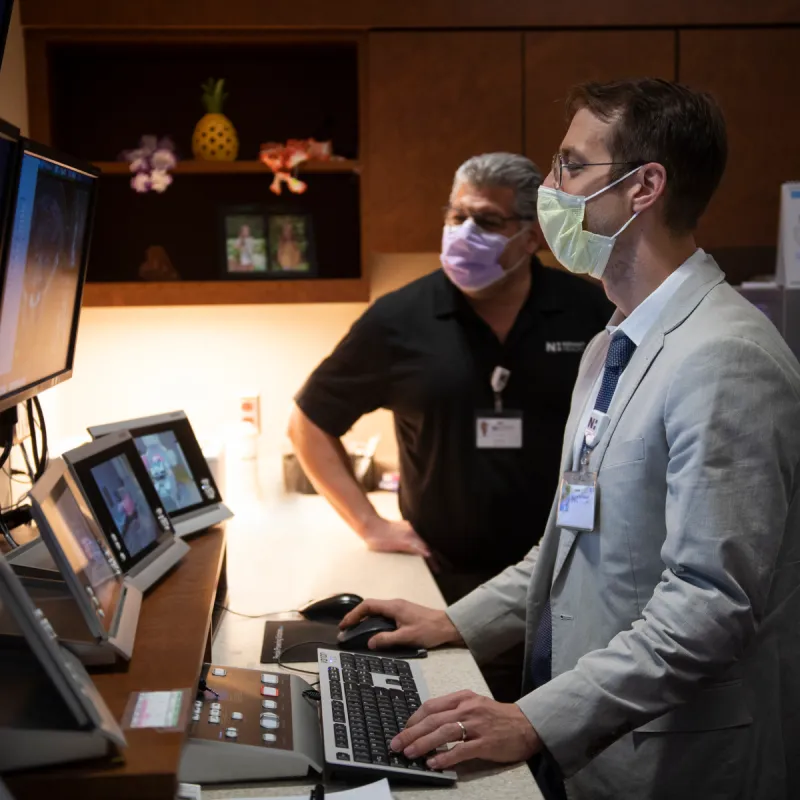
Nationally Recognized Care
- National Accreditation Program for Breast Centers (NAPBC)
- Commission on Cancer (CoC)
- Quality Oncology Practice Initiative (QOPI)
- Radiation Oncology Practice Accreditation (ROPA-ACR)
- APEx Accreditation (ASTRO)
- Magnet Recognition-American Nursing Credentialing Center
- American College of Surgeons National Surgical Quality Improvement Program (NSQIP)
- National Committee for Quality Assurance (NCQA)
- Southeast Clinical Oncology Research Consortium (SCOR)/National Cancer Institute (NCI) Community Oncology Research Program
- Foundation for the Accreditation of Cellular Therapy (FACT)
- National Accreditation Program for Rectal Cancer (NAPRC)

Why consider genetic counseling?
Your genes tell your medical history. If breast, ovarian or uterine cancer runs in your family or if you have a known genetic mutation such as BRCA 1 or 2 or Lynch Syndrome, you may be at higher risk to develop one of these conditions. Genetic counseling and testing can show risks for hereditary cancers and put you on a path to prevention.
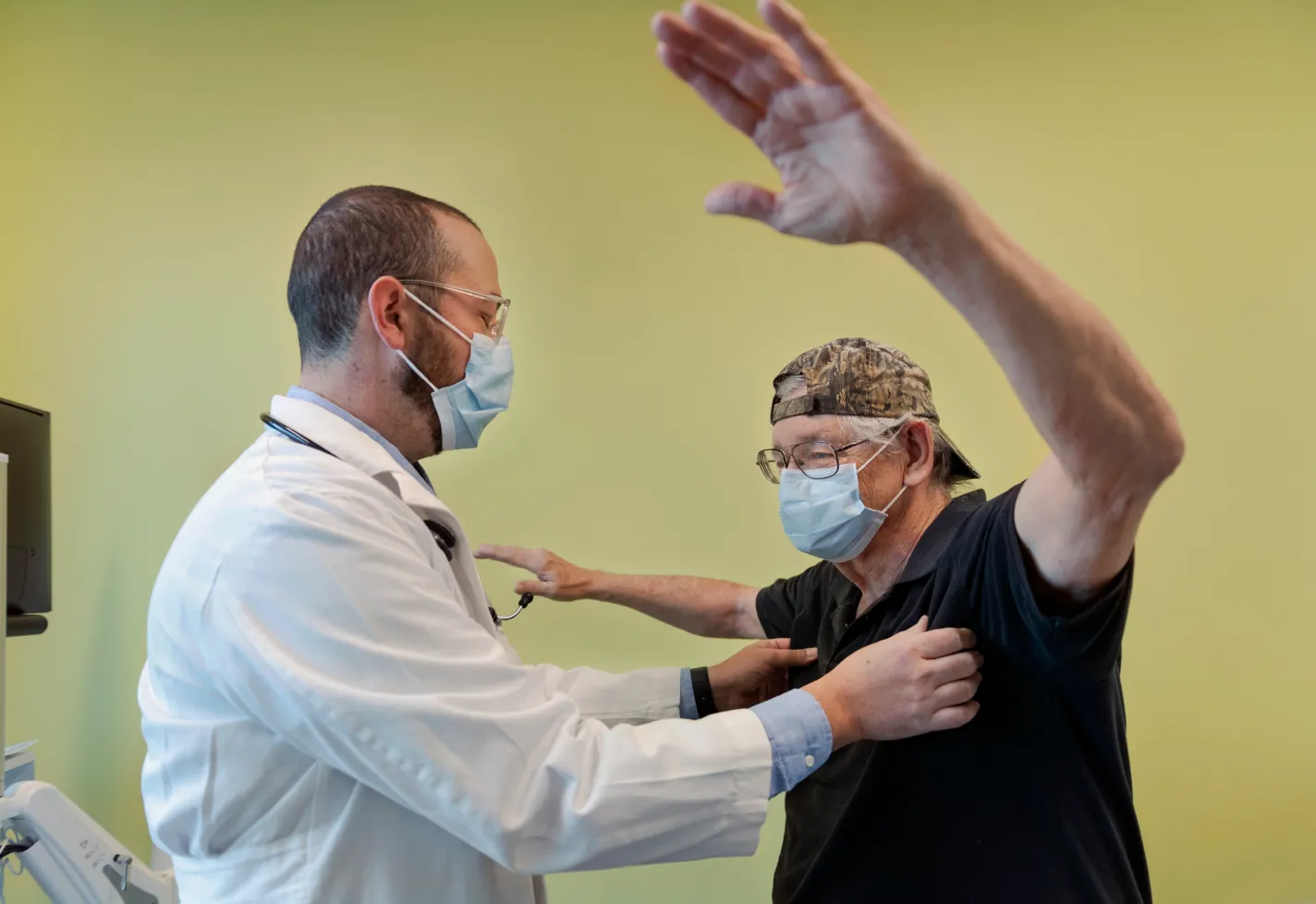
You’re Entitled to a Second Opinion.
Are you concerned or confused about a cancer diagnosis or treatment recommendation you've received?
Another perspective on your case and options can give you some peace of mind. Reach out for a virtual session or in-person consultation.
Experience the Future of Cancer Care, Today.
Together, we can beat cancer. Clinical research studies drive breakthroughs in the prevention, detection and treatment of many cancer conditions.
If eligible to join a clinical trial, you could access new cancer treatments before they’re available to the general public. Explore clinical trials and speak with your cancer team to see if any are right for you.
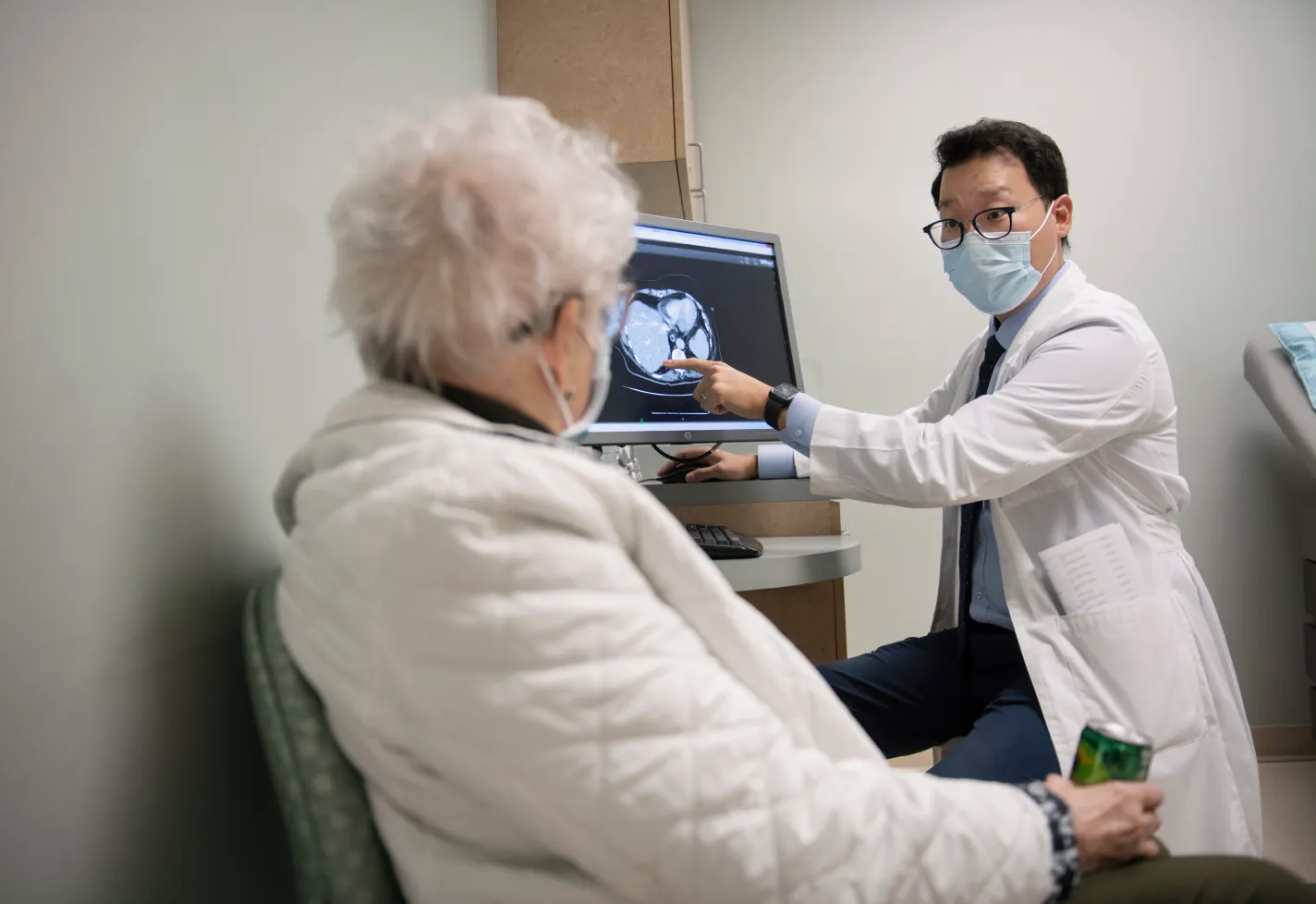
Search for Clinical Trials at Novant Health
